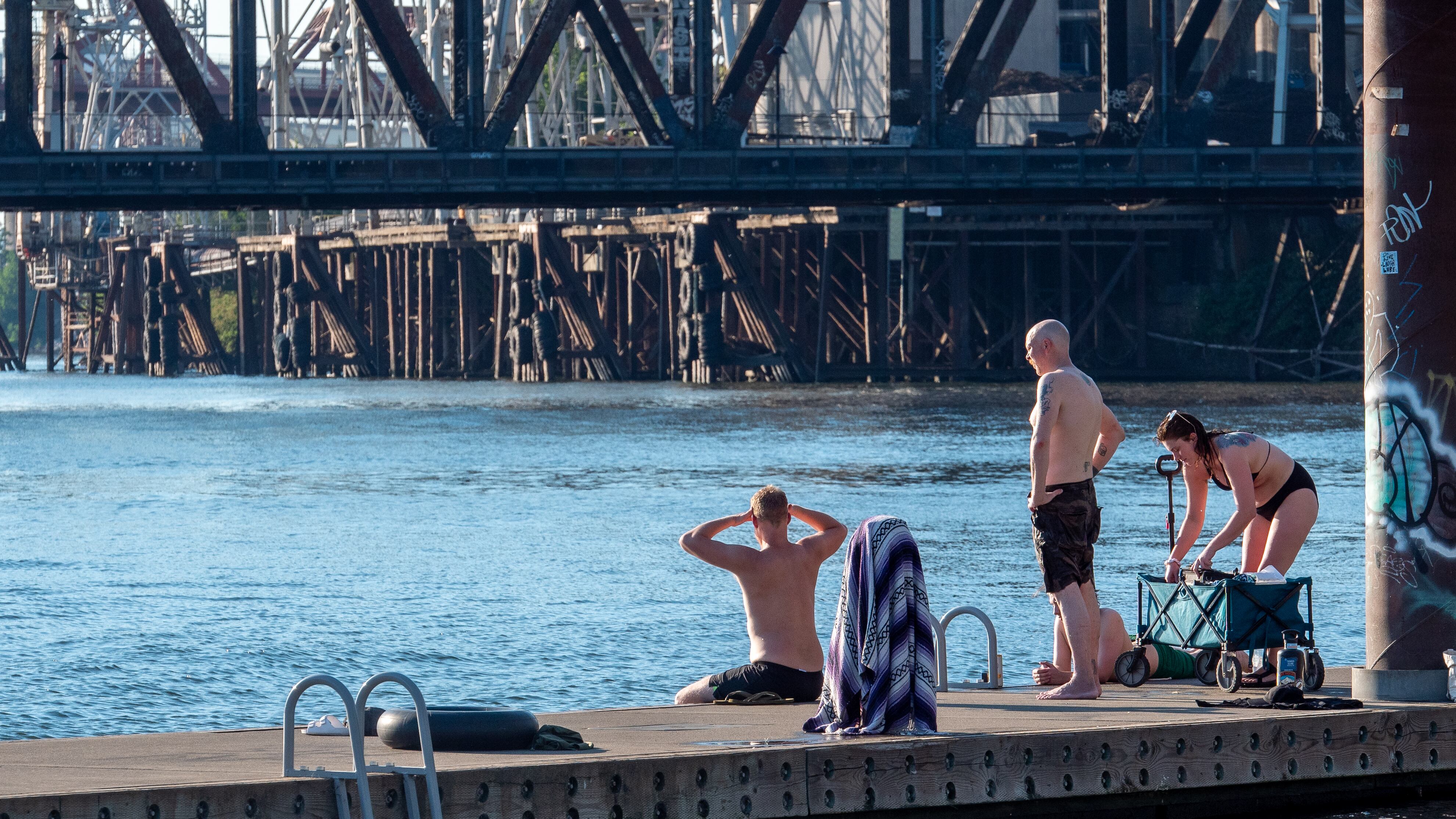On June 20, Travel Portland debuted a controversial ad in four major national publications, including The New York Times. Intended to inspire tourists to visit Portland, the $100,000, text-only ads start with: “You’ve heard a lot about us lately. It’s been a while since you heard from us. Some of what you’ve heard about Portland is true. Some is not.” It goes on to describe Portland as a place of “dualities, but never polarities” and home to “some of the loudest voices on the West Coast.” The ad promptly sparked debate and backlash on social media. WW asked four ad executives for their take on the campaign (“A Nice Place to Visit,” June 23, 2021). Some praised the ad’s honesty, while one called the ad an outright lie. Here’s what our readers had to say:
Jerry Ketel, founder of CreateGood Studio, via wweek.com: “I had much more to say about this issue. First, it’s just an ad. What we need to do is fix our problems. Action matters more than communications. We got our reputation based on our values and how different we are compared to the rest of the country. It was all destroyed within a year. The only way to reclaim our position as one of the best cities in America is to address the anarchists and solve the homeless problem. AND we need to unleash Portland’s creativity in a downtown core that will otherwise take years to rebuild.”
Bdbr, via wweek.com: “I completely agree with you, but there’s going to be a long lag between solving our local issues and convincing the country that the problems are solved. There hasn’t been a riot since May 21—over a month, yet in the past week one U.S. senator has referenced the riots happening ‘every other night,’ and the National Review has written about riots ‘every night since the death of George Floyd.’ I also saw a survey where 63% were afraid to visit Portland because of riots. We can fix our problems, but how do we overcome the conservative misinformation campaign that has decided to make Portland appear worse than it is?”
@ElinorFrost14, via Twitter: “I have a home in Portland and I lived there for 35 years. The city has amazing waterfront parks, an array of top-notch restaurants, many parks, trails and bike paths, and Mount Hood and the Columbia Gorge are close by, and the coast is a few hours away. This ad says zilch.”
@JeraldLynch1, via Twitter: “Who in their right mind wants to travel to and visit a city where violence and crime are up 550%?”
Lisa Beaulauranek, via Facebook: “I used to live in downtown PDX when the crime rates were far worse in Portland and have been away for almost a decade now. My husband and I went back for a weekend a couple of weeks ago. We stayed in a super-nice hotel downtown and walked around getting takeout and enjoying the outdoor patios. Took the MAX by my old Rose Garden apartment. It was awesome because there were so few people. Felt just as safe as any major metro in the U.S.”
V S, via wweek.com: “I went for a bike ride last night down Northwest Flanders, then through downtown, then inner Southeast, I was blown away by how many people were out. The Benson had bellhops outside greeting cars. Man, did it feel like Portland is coming raging back. Still lots of boarded-up places, but lots of new stuff as well. I was really surprised and encouraged.”
Pat Boyer Wiggins, via Facebook: “I’ve lived in Oregon since 1975—most of that time in or around Portland. I still love living here. We will work through this tragic time and come out stronger. There is no one reason for what’s been happening, so there won’t be one easy solution. Lots of issues, but we love it here and need to be positive and work to fix it.”
Letters to the editor must include the author’s street address and phone number for verification. Letters must be 250 or fewer words.Submit to: 2220 NW Quimby St., Portland, OR 97210.Email: mzusman@wweek.com

